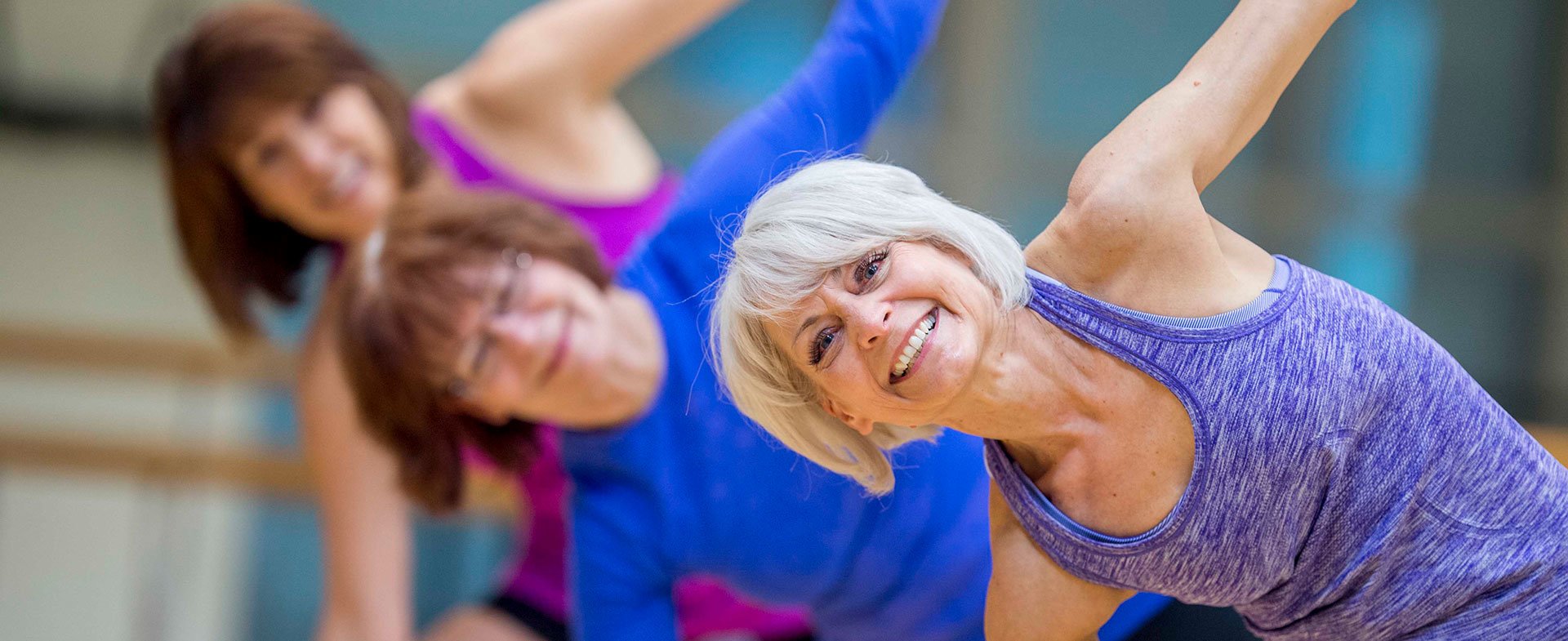When you break a bone as a kid, it’s no big deal – you get a cast, your friends sign it, and in a few weeks you’re all healed up. As you get older, your bones weaken, and your body doesn’t bounce back from an injury the way it used to. Instead, a small fall that once resulted in a scraped knee could lead to a broken arm or hip.
Osteoporosis is a serious medical condition when your bones begin to lose density as you age.
“Some loss of bone density is normal,” says Lara Yatoma, a nurse practitioner in the orthopedic surgery department at Henry Ford Health. “But too much bone loss can cause your bones to become porous and weak – increasing your chances of fracture.”
Your Risk of Osteoporosis
As you get older, your risk of osteoporosis increases. According to the International Osteoporosis Foundation, 1 in 3 women and 1 in 5 men will experience an osteoporotic fracture after the age of 50.
For women, your risk of developing osteoporosis is significantly higher around the time of menopause. During menopause, your body goes through many changes – including a drop in your estrogen levels.
“In addition to the role estrogen plays in reproduction and the development of sexual characteristics, it also helps to keep your bones strong,” says Yatoma. “When these levels drop, your bones can become more brittle and make you more at risk for fractures.”
Keeping Bones Strong
While osteoporosis is more common in women older than 65, it is still important to keep your bones healthy throughout your lifetime to slow bone loss. Yatoma shares her top tips for improving your bone health.
1. Quit bad habits. Certain lifestyle habits can affect your bone health. Smoking and frequently consuming alcohol can both decrease your bone density. Cutting these habits out of your life is not only good for your bones but is also good for your overall health and well-being.
2. Try weight-bearing exercises. Staying active is an important part of a healthy lifestyle. Include a variety of types of workouts into your routine to get your whole body into shape. Weight-bearing activities – such as walking, tennis and aerobics – can help maintain bone mass.
3. Get more nutrients. Calcium and vitamin D are essential for building strong bones. It is recommended that women younger than 50 should get 1,000 mg of calcium and 800 International Units (IU) of vitamin D per day. Women older than 50 need 1,200 mg of calcium and 1,000 IU of vitamin D. Try eating foods that are good sources of calcium such as milk, cheese, certain kinds of fish and green leafy vegetables. Many breads and cereals are fortified with vitamin D, as well. If you worry your diet isn’t providing enough of these nutrients, talk to your doctor about taking a supplement or consulting with a dietitian for a nutrition plan.
4. Schedule a bone density scan. A bone density scan is a low-dose X-ray of your hips and spine that measures the calcium and other minerals in your bones. While it is recommended to routinely start screening at age 65, your doctor may suggest earlier bone density screenings if you’re at high risk because of family history or long-term use of medications that decrease bone density, such as corticosteroids.
Osteoporosis has very serious effects that often aren’t spotted unless you have a bone density scan or break a bone.
If you’re a woman over 50 who has fractured a bone before, or if you are 65 and haven’t broken a bone or had a bone density test before, talk to your doctor about being referred to a bone health clinic. Meeting with a bone health expert can help you identify factors that could increase your risk of osteoporosis. A treatment plan can be put together for you based on your initial bone health evaluation.
For more information about improving your bone health or to schedule an appointment at the Henry Ford Bone Health Clinic, call (313) 916-2181.
Lara Yatoma is a nurse practitioner with the orthopedic surgery department. She sees patients at the Henry Ford Bone Health Clinic at Henry Ford Hospital in Detroit, Henry Ford West Bloomfield Hospital and Henry Ford Medical Center – Fairlane in Dearborn.



